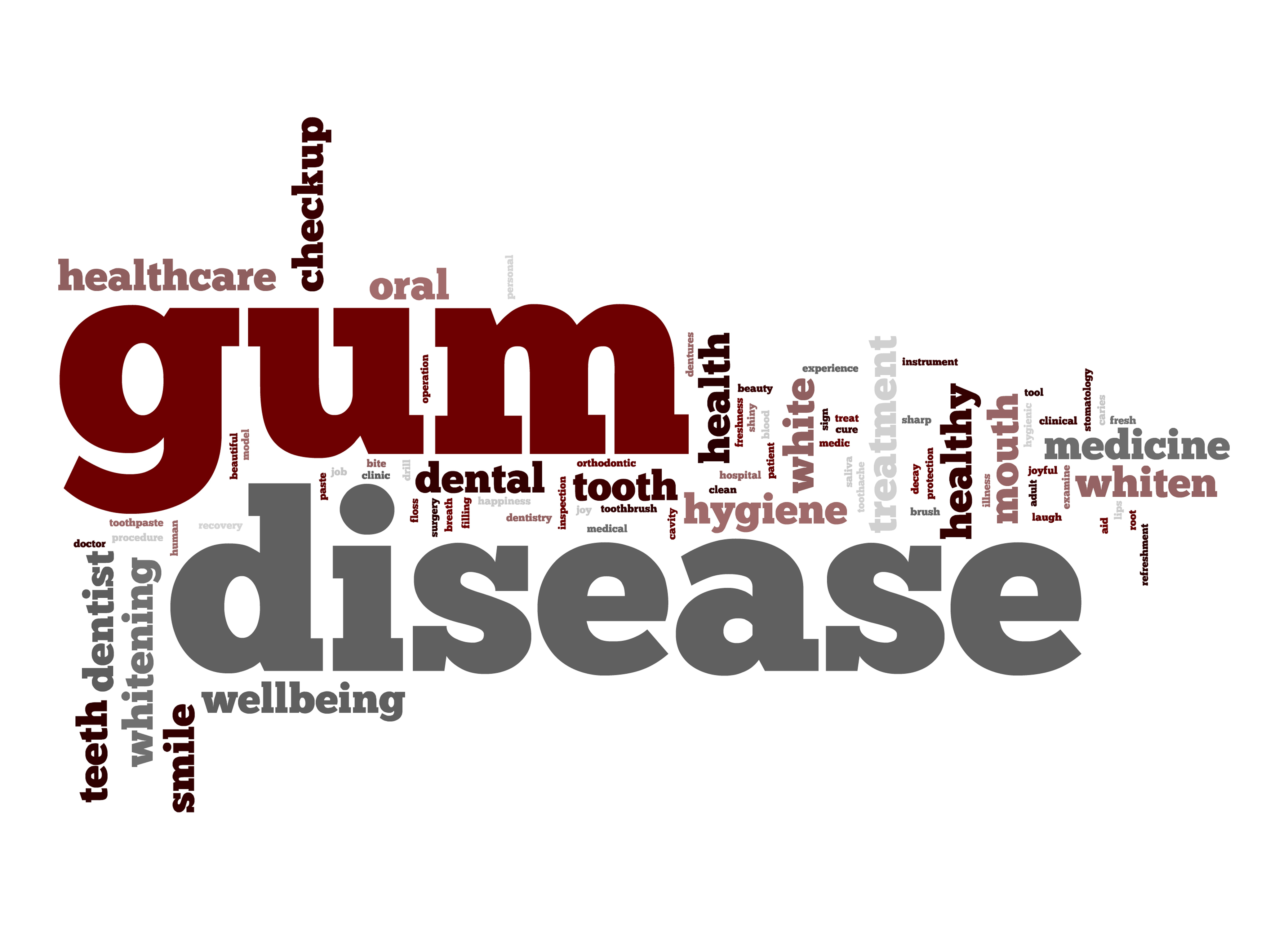
How Gum Disease Can Negatively Affect Your Health
October 9, 2017
Six Ways to Improve Your Smile
October 23, 2017Do you have chronic jaw pain? Have you recently had difficulty opening and closing your jaw? Do your teeth hurt when you wake-up? If you answered yes to any of these questions, there is a possibility you may be struggling from TMJ disorder. This common oral health condition affects over 10 million people in the U.S. and is more frequently diagnosed in women than men.
TMJ disorder affects the temporomandibular joints located at the base of the skull. These hinge joints connect your lower jaw to your upper jaw and are responsible for daily tasks, such as talking, chewing, yawning, and any other jaw movements that require opening/closing your jaw.
When these joints are inflamed, it can lead to painful side effects. Discussed below are eight signs you may be suffering from TMJ disorder. If any if these resonate with your current symptoms, it’s important that treatment is sought immediately from a skilled Grant Park TMJ treatment dentist, such as Dr. Abby Lee. To schedule your consultation, call us today at 404.328.7177.
Jaw Pain or Stiffness
One of the first signs of TMJ disorder is jaw pain followed by muscle stiffness around the joints. You may also notice swelling around the joints or sensitivity when the area is touched. Pain can be chronic, acute, radiate throughout the face, or increase when biting down or chewing.
Lockjaw
Lockjaw frequently occurs in the morning after waking up or after the jaw has been overworked from chewing gum. It can also occur if you struggle from teeth grinding and jaw clenching when you sleep or during stressful moments at work.
Neck and Shoulder Pain
Prolonged jaw tension can result in muscle spasms that not only affect the surrounding jaw muscles, but can cause pain to radiate down the neck and shoulders. It can even lead to a tingling sensation or numbness in the upper extremities.
Ringing in the Ears
Tinnitus is a term used to describe ringing in the ears. People with this issue may also have other noises in the ears, such as buzzing, whistling, or clicking. While tinnitus is often a sign of hearing loss, when associated with irritated TMJs, it is usually a symptom of jaw muscle and nerve inflammation connected to the middle ear components. People with this type of tinnitus also experience inner ear pain.
Clicking or Popping Jaw
When the TMJs are inflamed or irritated, it can cause the joints to move out of alignment, resulting in a clicking or popping sound when you open and close your mouth. You may even hear a grinding sound when chewing or moving your jaw side to side.
Chronic Headaches
Just as increased inflammation can cause muscle spasms that radiate down your neck and shoulders, it can also cause chronic headaches. This type of headache is often confused with tension headaches or migraines. If you are currently experiencing ongoing headaches along with any of the other symptoms discussed, it is highly possible you are simply suffering from TMJ disorder.
Tooth Pain
Bruxism (teeth grinding and jaw clenching) is a common side effect of TMJ disorder. When the joints are out of alignment and inflamed, it can cause individuals to unknowingly grind their teeth or clench their jaws. Over time, this can lead to molar pain, enamel wear and tear, and cracked teeth.
Facial Pain and Swelling
As the jaw inflammation progresses, it can lead to swelling and soreness throughout the entire face. If your cheeks, chin, or jawline are swollen or sensitive to the touch, it is important that you meet with a dentist immediately to discuss the root of the issue.
Seeking TMJ Treatment
Dr. Lee provides a variety of TMJ treatments at her Grant Park practice including dental orthotics, oral appliance therapy, TENS therapy, and orthodontics to help eliminate jaw pain and improve a patient’s quality of life. If you are experiencing any of the symptoms listed above, please schedule your consultation today by filling out our online form or calling 404.328.7177.


